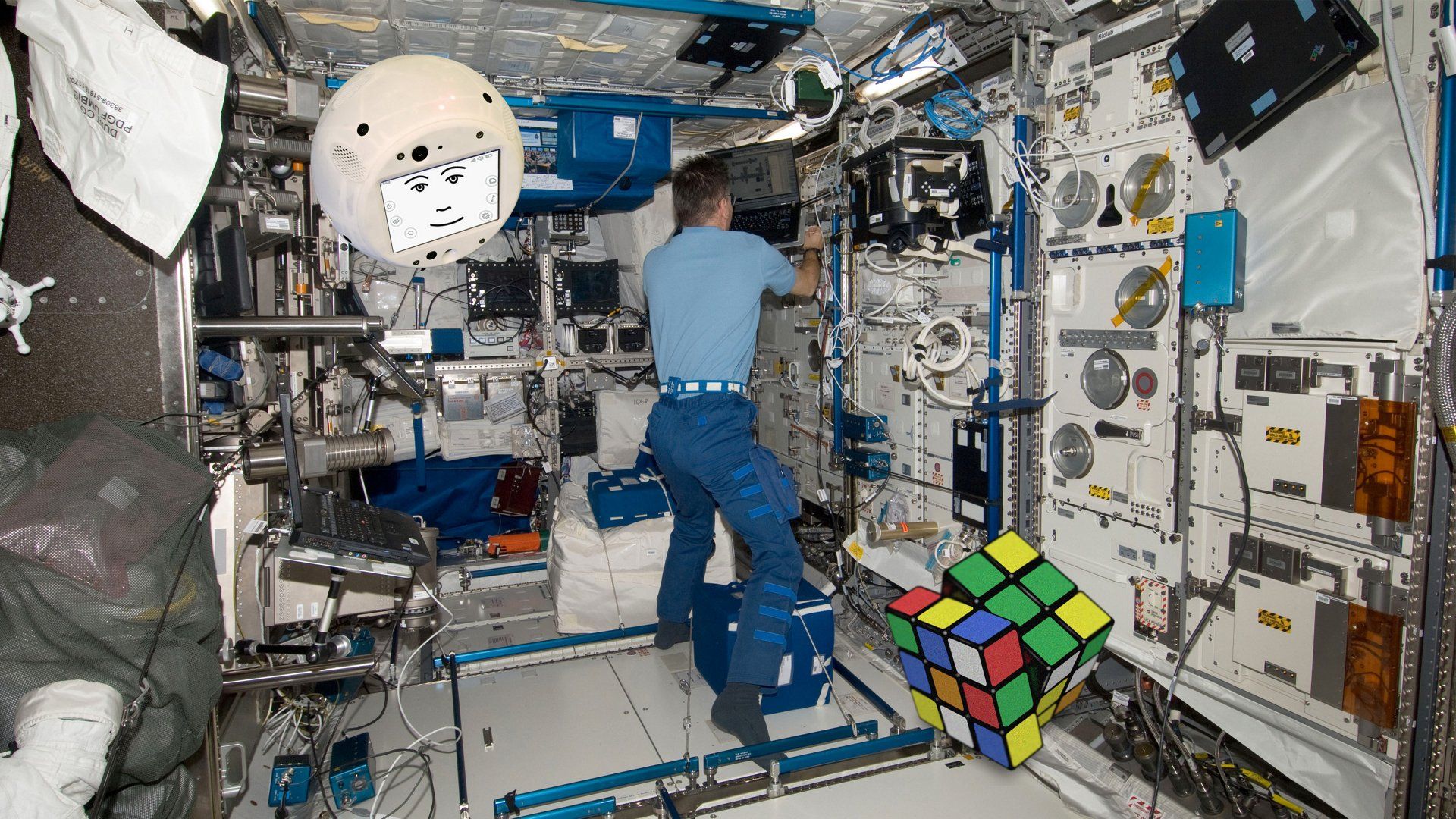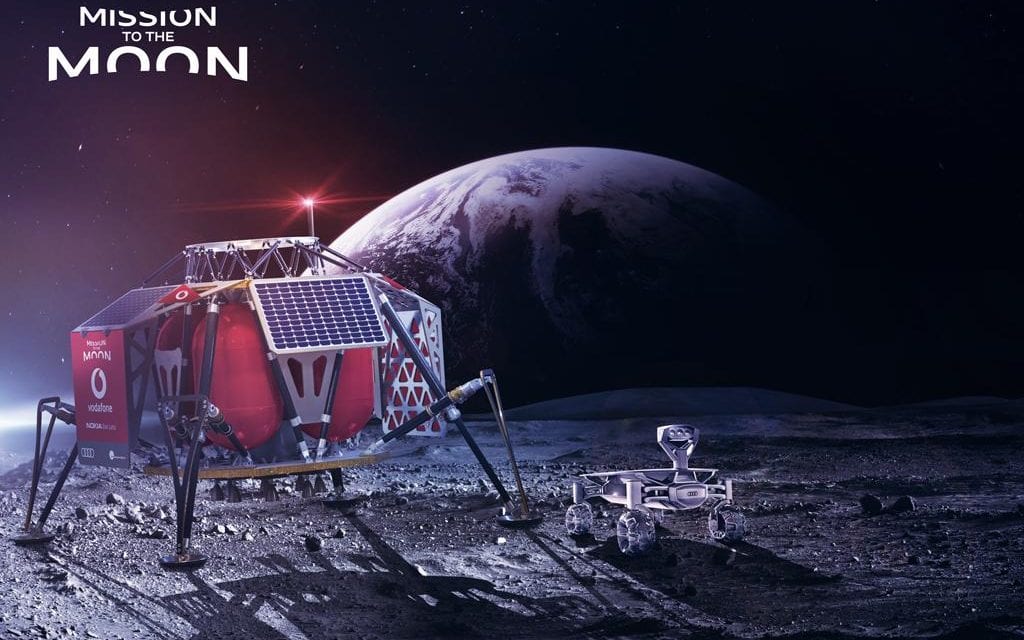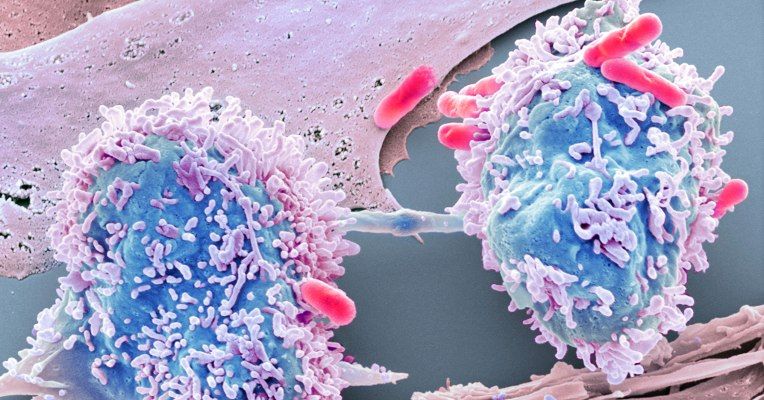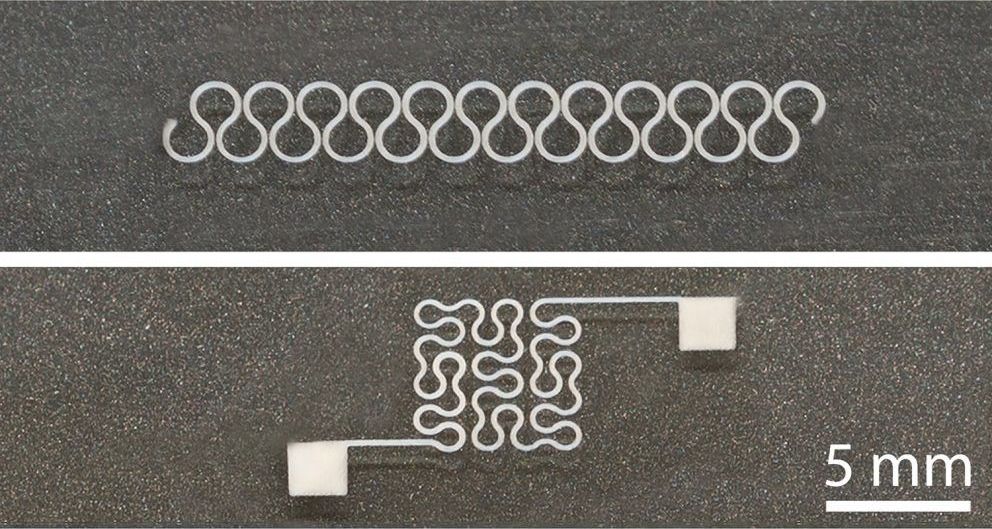Page 9634
Feb 27, 2018
Scientists develop new tool for imprinting biochips
Posted by Saúl Morales Rodriguéz in categories: 3D printing, biotech/medical
3D printing has gained popularity in recent years as a means for creating a variety of functional products, from tools to clothing and medical devices. Now, the concept of multi-dimensional printing has helped a team of researchers at the Advanced Science Research Center (ASRC) at the Graduate Cent…
Some very powerful people are trying to corner the market on legal weed and turn their company into the Monsanto of marijuana. Who are they? And can they be stopped?
Feb 27, 2018
Researchers Discover How to Supercharge Stem Cells
Posted by Steve Hill in categories: biotech/medical, life extension
Researchers at the School of Molecular Sciences at Arizona State University have discovered a potential way to supercharge our stem cells and reverse some aspects of cellular aging.
The Hayflick limit
Normal cells cannot divide indefinitely; they have a built-in replicative limit, which is often called the Hayflick limit after its discoverer, Leonard Hayflick. This Hayflick limit means that regular human cells are unable to replicate forever; once they reach their replicative limit, they cease to divide and enter senescence, a nondividing state in which the cell destroys itself.
Feb 27, 2018
Vodafone to install 4G network on the Moon
Posted by Klaus Baldauf in categories: internet, space travel
T he Moon will have a 4G mobile network installed next year, according to plans set out by Vodafone and Nokia.
The mission, organised by space exploration company PTScientists, will be the first ever privately-funded Moon landing.
Nokia masts will be launched on a SpaceX rocket in 2019 from Cape Canaveral Air Force Station in Florida, USA.
Continue reading “Vodafone to install 4G network on the Moon” »
Feb 27, 2018
“Hello, I am CIMON!”
Posted by Klaus Baldauf in categories: robotics/AI, transportation
CIMON (Crew Interactive Mobile CompanioN) is a mobile and autonomous assistance system designed to aid astronauts with their everyday tasks on the ISS. This will be the first form of Artificial Intelligence (AI) on an ISS mission. CIMON is an experiment overseen by Space Administration at the German Aerospace Center (DLR) in cooperation with Airbus (Friedrichshafen/Bremen, Germany) as the prime contractor. CIMON is a free flyer fueled with Artificial Intelligence, enhancing human expertise. AI-based technology is about constantly understanding, reasoning and learning, so CIMON is designed to assist and to create a feeling of talking to a crew mate.

Feb 27, 2018
Bioquark Inc. — Born2Invest — Ira Pastor
Posted by Ira S. Pastor in categories: aging, bioengineering, biotech/medical, business, disruptive technology, economics, employment, futurism, genetics, health
Tags: anti-aging, bioquark, biotech, health, healthspan, lifespan, longevity, regeneration, regenerative, wellness
Feb 27, 2018
All-star team of synthetic biologists raise $53 million for cancer therapy startup Senti
Posted by Klaus Baldauf in categories: bioengineering, biotech/medical, finance, genetics
A who’s-who from the world of synthetic biological research have come together to launch Senti Biosciences with $53 million in funding from a slew of venture capital investors.
Led by Tim Lu, a longtime researcher at the Massachusetts Institute of Technology and one of the founding fathers of synthetic biology, Senti’s aim is nothing less than developing therapies that are tailored to an individual’s unique biology — and their first target is cancer.
Here’s how Lu described a potential cancer treatment using Senti’s technology to me. “We take a cell derived from humans that we can insert our genetic circuits into… we insert the DNA and encoding and deliver those cells via an IV infusion. We have engineered the cells to locate where the tumors are… What we’ve been doing is engineering those cells to selectively trigger an immune response against the tumor.”
Feb 27, 2018
Norway’s Global Seed Vault set for multimillion-dollar fortification
Posted by Derick Lee in categories: business, existential risks, food, security
It has proposed spending a total of US$12.7 million on technical upgrades to the vault to better protect the more than 930,000 seed varieties inside. It has completed a feasibility study and plans to move ahead with the construction of a new concrete access tunnel and a new service building for the emergency power, refrigeration units and electrical equipment.
Global food security is serious business, and when you have water seeping into a doomsday facility built to shore up food supplies for the future, well, that’s hardly ideal. But such breaches should be a thing of the past, with Norwegian authorities overseeing the Svalbard Global Seed Vault planning a multi-million dollar overhaul of the structure.
Feb 26, 2018
New technique allows printing of flexible, stretchable silver nanowire circuits
Posted by Saúl Morales Rodriguéz in categories: biotech/medical, cyborgs, health, nanotechnology, wearables
Researchers at North Carolina State University have developed a new technique that allows them to print circuits on flexible, stretchable substrates using silver nanowires. The advance makes it possible to integrate the material into a wide array of electronic devices.
Silver nanowires have drawn significant interest in recent years for use in many applications, ranging from prosthetic devices to wearable health sensors, due to their flexibility, stretchability and conductive properties. While proof-of-concept experiments have been promising, there have been significant challenges to printing highly integrated circuits using silver nanowires.
Silver nanoparticles can be used to print circuits, but the nanoparticles produce circuits that are more brittle and less conductive than silver nanowires. But conventional techniques for printing circuits don’t work well with silver nanowires; the nanowires often clog the printing nozzles.
Continue reading “New technique allows printing of flexible, stretchable silver nanowire circuits” »


















